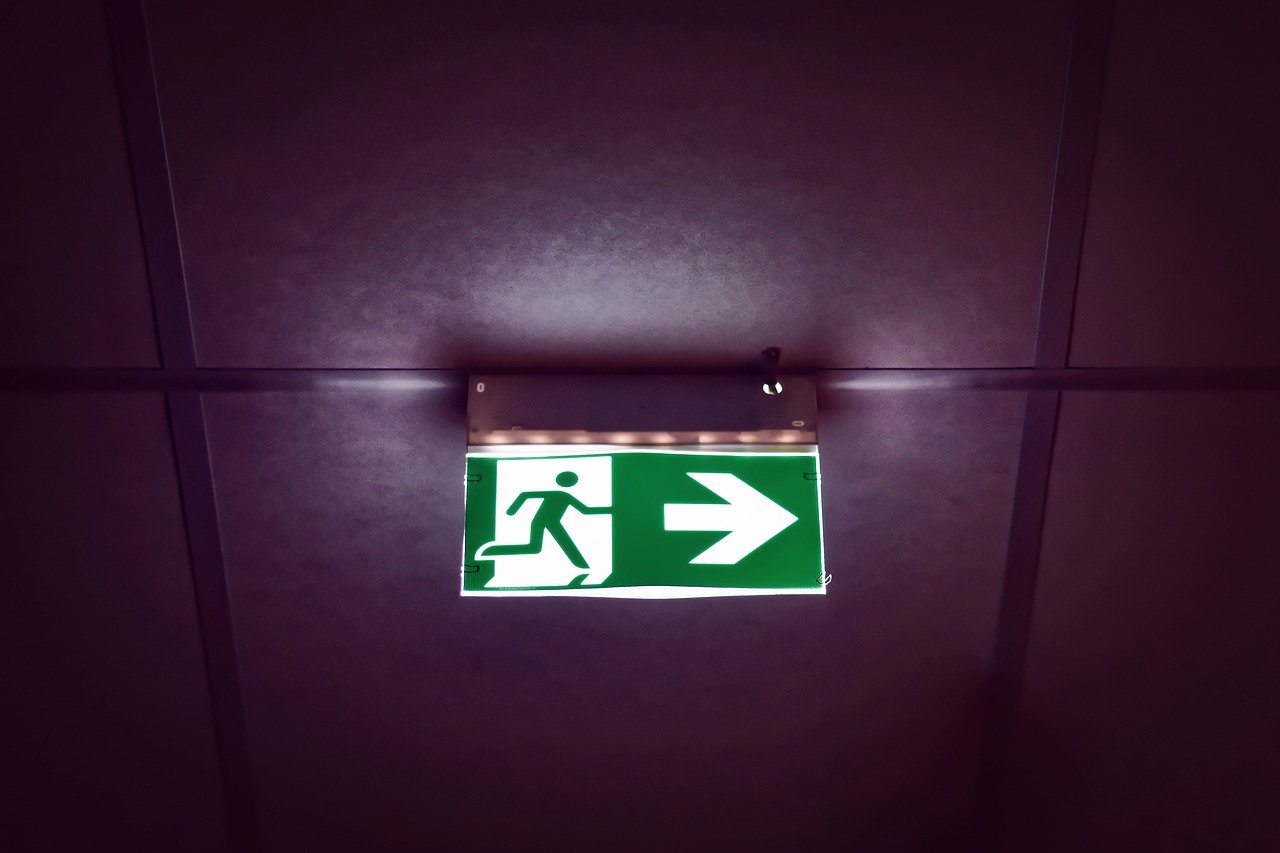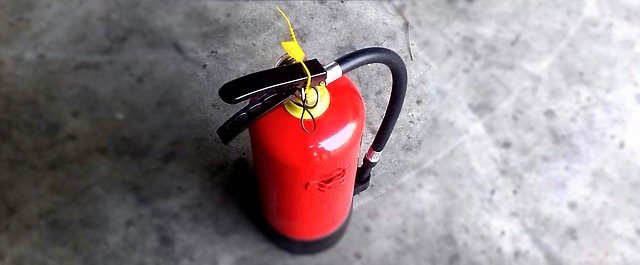
Across the UK, around three million fire doors are installed each year, and for good reason. Often they’re the first line of defence in the event of a fire and play an essential role in the fire protection process. Sealing off a room while cutting off the oxygen supply to prevent the rapid spread of flames throughout a building.
Without fire doors and the regulations that come with them, we would see significantly more damage to property and lives. This quick guide will run you through where and when fire doors should be fitted and how the rules may affect you.
Fire doors are a great way to add an extra level of protection when it comes to caring for your property and family.
You want to safeguard your family and make your property as safe as it can be. Adding an extra level of protection, alongside your usual fire and smoke alarm by using a fire door is a great way to do this.
But of course, they come with a whole new set of questions, are fire doors mandatory in the UK, do I need fire doors in my house, and if so, where are fire doors needed?
Any newly built or renovated house with over three levels must have fire doors fitted. These doors must go on every habitable room that leads to a stairwell. Likewise, any house which has an entrance from an integral garage must have a fire door fitted.
Whether you're a landlord or a flat owner, you will need to stick to a set of strict flat-specific fire protection measures. These measures are highlighted within your latest fire risk assessment.
Within any block of flats, every property must be fitted with a front fire door. Likewise, flats above 4.5-metres must have fire doors between habitable rooms and the hallway and entrance to each flat.
Since ground floor flats fall below the 4.5-metre rule, fire doors are not needed. This is provided that each room has an accessible means of escape, for example, a garden or window terrace.

To ensure the proper safety of the public, building regulations around fire door use is always changing.
Non-domestic buildings have to follow the 2005 Regulatory Reform (Fire Safety Order). These rules state that all fire doors must be checked at least every six months.
On the back of the tragic events at Grenfell, the Government has changed some of the domestic rules. The Fire Safety Act 2021 ensures that fire doors in blocks of flats are given a greater priority by landlords and local authorities.
Any domestic building above two storeys must have a self-closing FD30 fire door with smoke seals installed. Likewise, any home with an integral garage door entrance must have a fire door.
Your architect will be able to help you with these regulations. Alongside helping you get any amendments approved by the Building Control officer at your local council.
While looking for information about fire doors, you may well have come across the term ‘FD30’ and occasionally, even ‘FD60’. These refer to the category these doors fall within, tested to withstand and provide smoke and fire protection for either 30 or 60 minutes.
Most homes will have FD30 doors fitted. While FD60's are found in larger buildings that need longer to evacuate occupants, office blocks etc.
Whether it's in a commercial setting or in your own home, the rules around fire door usage remain the same.
While living with a heavy closed fire door may be tricky on a day-to-day basis, it’s common sense why fire doors should be kept closed. It’s there to protect you, your family, your home or your business in the event of a fire, so they should remain closed most of the time.
Sometimes it's OK to prop a fire door open. But this should only be for a short amount of time, perhaps allowing for easier access to a building. Whether it's coming in with shopping, moving things in or out etc. But they must be closed once you're done, and always before you go out.
No, it isn't illegal to wedge open a fire door. But, you could be held accountable should an incident occur. In the tragic event that someone was injured, it could result in fines and even prison sentences.

The rules around fire doors are clear and there for a reason. They're a critical piece of kit to protect against fire damage. Proven to save both lives and protect against property damage.
They're such an essential tool that here in the UK, we even have a Fire Door Safety Week. A campaign aimed at increasing awareness of fire doors and fire safety. After all, for every new fire door installed, another life can be saved.
RELATED: The Fire Door Safety Week Campaign
Proud stockists of....
